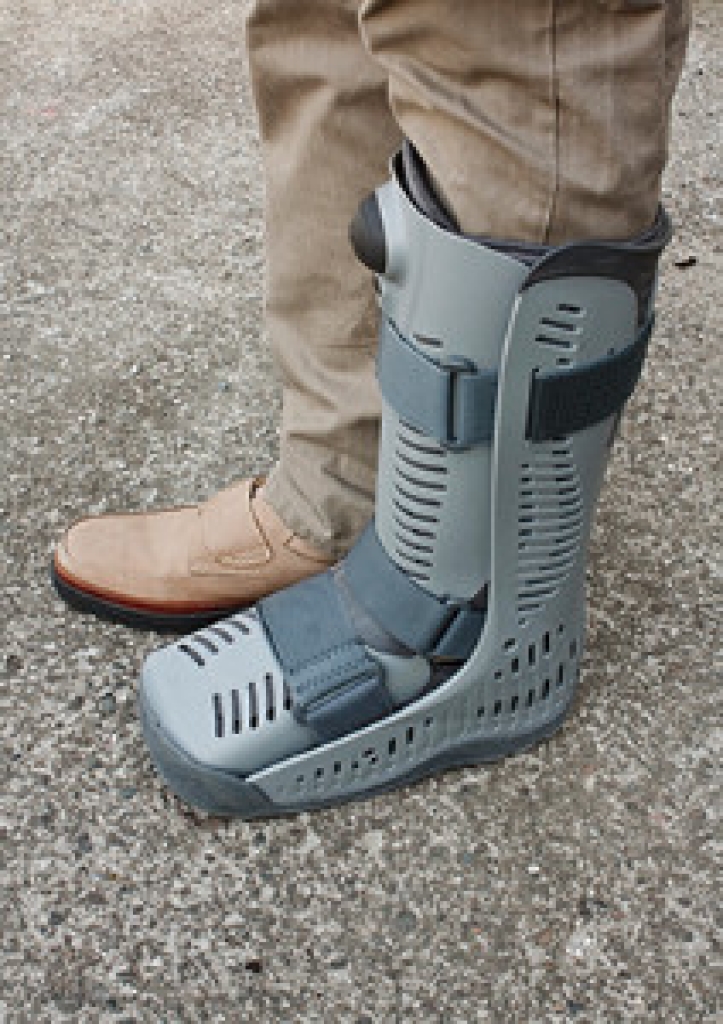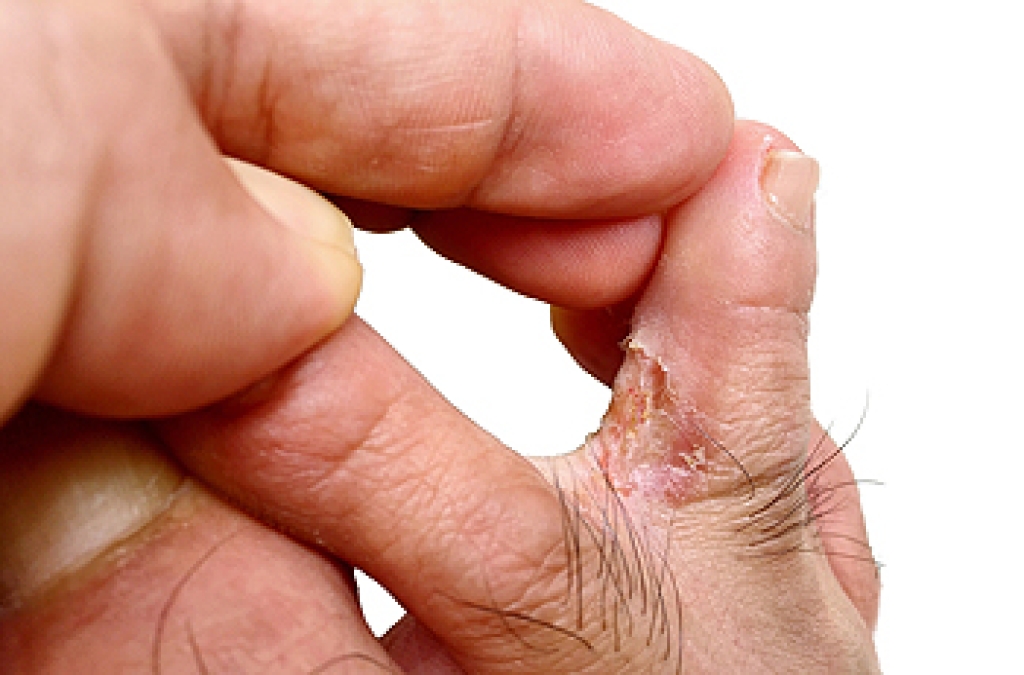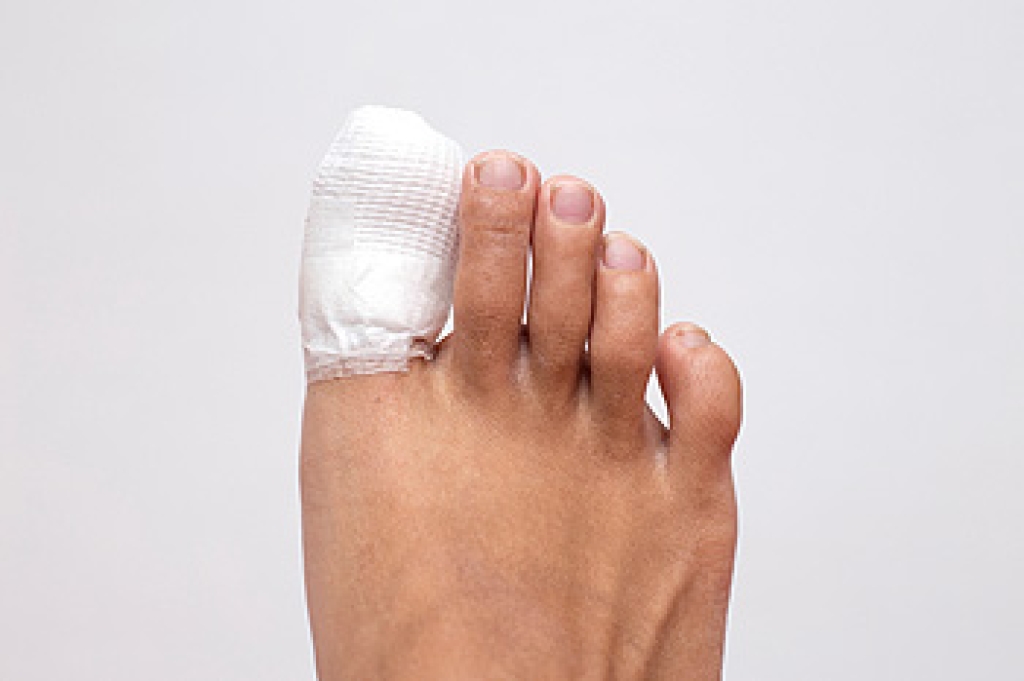 A broken foot can be a common ailment that may occur in children. This can be a result of the bones in the feet that have not fully developed and are more fragile than the bones in the adult foot. If a broken foot occurs, noticeable symptoms often include severe pain, redness, swelling, and it may be difficult to walk on. Your child may find moderate relief when the affected foot is elevated, and a splint may temporarily be applied that can provide the necessary support. After a proper diagnosis is performed, which generally consists of having and X-ray taken, a cast or a protective boot is worn that can limit excess movement as the healing process takes place. If your child has fallen, and complains of foot pain, it is suggested that you consult with a podiatrist who can properly treat a broken foot.
A broken foot can be a common ailment that may occur in children. This can be a result of the bones in the feet that have not fully developed and are more fragile than the bones in the adult foot. If a broken foot occurs, noticeable symptoms often include severe pain, redness, swelling, and it may be difficult to walk on. Your child may find moderate relief when the affected foot is elevated, and a splint may temporarily be applied that can provide the necessary support. After a proper diagnosis is performed, which generally consists of having and X-ray taken, a cast or a protective boot is worn that can limit excess movement as the healing process takes place. If your child has fallen, and complains of foot pain, it is suggested that you consult with a podiatrist who can properly treat a broken foot.
A broken foot requires immediate medical attention and treatment. If you need your feet checked, contact the podiatrists from Boston Common Podiatry. Our doctors can provide the care you need to keep you pain-free and on your feet.
Broken Foot Causes, Symptoms, and Treatment
A broken foot is caused by one of the bones in the foot typically breaking when bended, crushed, or stretched beyond its natural capabilities. Usually the location of the fracture indicates how the break occurred, whether it was through an object, fall, or any other type of injury.
Common Symptoms of Broken Feet:
- Bruising
- Pain
- Redness
- Swelling
- Blue in color
- Numbness
- Cold
- Misshapen
- Cuts
- Deformities
Those that suspect they have a broken foot shoot seek urgent medical attention where a medical professional could diagnose the severity.
Treatment for broken bones varies depending on the cause, severity and location. Some will require the use of splints, casts or crutches while others could even involve surgery to repair the broken bones. Personal care includes the use of ice and keeping the foot stabilized and elevated.
If you have any questions, please feel free to contact our office located in Boston, MA . We offer the newest diagnostic and treatment technologies for all your foot care needs.









